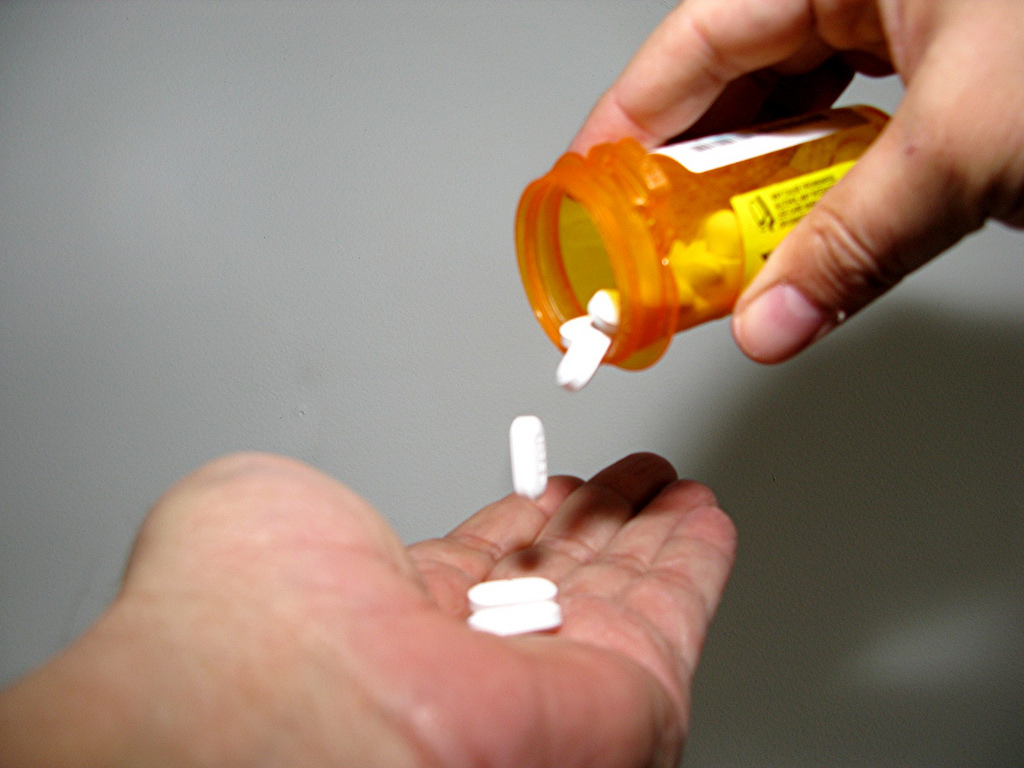Lawyers for Nassau County sued more than two dozen drug manufacturers, distributors and doctors on Monday, accusing them of profiting from the local opioid crisis.
A lawsuit filed Monday in Nassau County Supreme Court charges that the companies and doctors misled county residents and officials about the harmful long-term effects of narcotic painkillers, leading to hundreds of deaths and costing the county millions of dollars in public health spending.
“This case is about one thing: corporate greed,” attorneys for Nassau from the Melville firm Napoli Shkolnik wrote in the 231-page complaint. It says the companies “put their desire for profits above the health and well-being of Nassau County consumers at the cost of the” county.
The defendants include pharmaceutical giants such as Purdue Pharma and Endo Health Solutions, which manufacture the popular prescription painkillers Oxycontin and Percocet, respectively. Also named in the suit are three other manufacturers, several manufacturer subsidiaries, three distributors and five doctors who promoted or sold opioids.
They were part of a “sophisticated and highly deceptive and unfair marketing campaign” that, over the last two decades, promoted addictive drugs for long-term treatment as well as short-term pain relief, shifting conventional medical wisdom in the process, the suit alleges.
Deaths from opioid overdoses in Nassau County have nearly doubled in the past decade, from 102 in 2006 to 190 in 2016, according to county data and an April Newsday report citing statistics from the medical examiner’s office.
The suit alleges that the defendants’ profits ballooned as the drugs killed more Nassau residents and increased the county’s financial burden as it tried to curb a public health epidemic further fueled by heroin.
“The opioid crisis is costing taxpayers millions of dollars a year and this action seeks to recoup dollars for important awareness, education, enforcement and treatment initiatives to combat the war on drug abuse and addiction,” Nassau County Executive Edward Mangano said in a statement.
The seven charges alleged in the lawsuit include fraud, negligence and false advertising.
Nassau County hired Napoli Shkolnik to bring the lawsuit, which is similar to several others across the U.S. in which municipalities are trying to hold drug companies responsible for a nationwide public health problem.
Three other New York counties, including Suffolk, brought a similar suit in February, according to published news reports. The state of Ohio filed one in May against the same five companies named in Nassau’s complaint.
The efforts have been compared to the legal strategy against the tobacco industry in the 1990s, which led to the largest civil settlement in American history, according to an article published by The Atlantic this month.
But it is uncertain whether any of the suits will be successful. A 2014 West Virginia Law Review article by Richard C. Ausness, a professor at the University of Kentucky College of Law, noted that prior individual and class-action lawsuits have largely “not been very successful.”
“[T]he overall effectiveness of civil litigation in this area is highly questionable,” Ausness wrote.
Napoli Shkolnik will get a percentage of any payout from the case if Nassau wins, but the county will pay nothing if it loses, Brian Nevin, a spokesman for Mangano, said in an email.
It was not immediately clear on Monday who is representing the drug companies, distributors and doctors in the lawsuit.
But Purdue Pharma said in a statement that it is “committed” to working with public officials to help stop the growing opioid crisis.
The company says it has advocated for prescription drug monitoring and access to Naloxone, a drug that reverse the effects of opioid overdoses, the statement said.
“Addiction and drug abuse are multi-faceted problems that require multi-faceted solutions,” the company said. “Pointing fingers will not solve the problem, nor will it help those who are suffering.”
CORRECTION: An earlier version of this story misstated the amount that opioid overdose deaths had increased in Nassau County. They have nearly doubled in the past decade, from 102 in 2006 to 190 in 2016.



